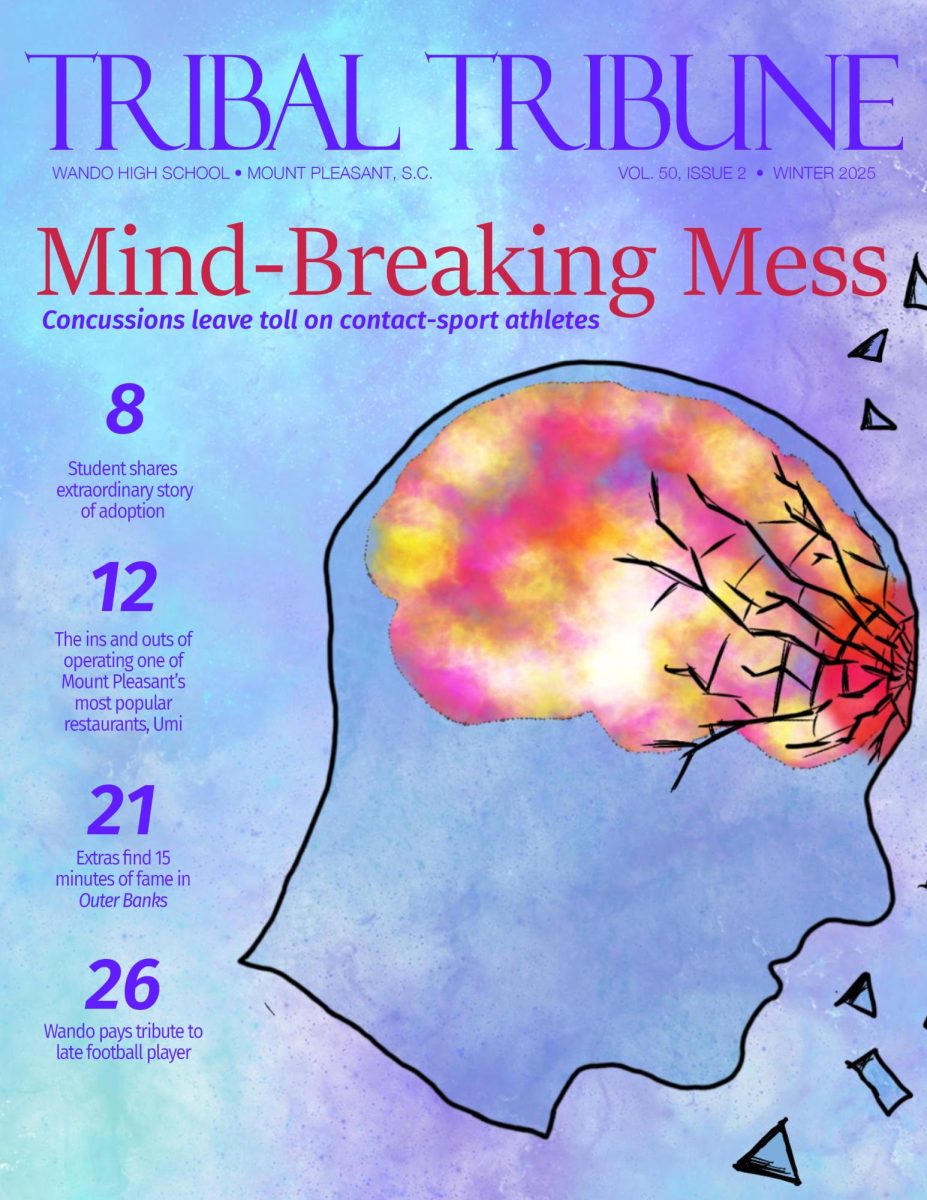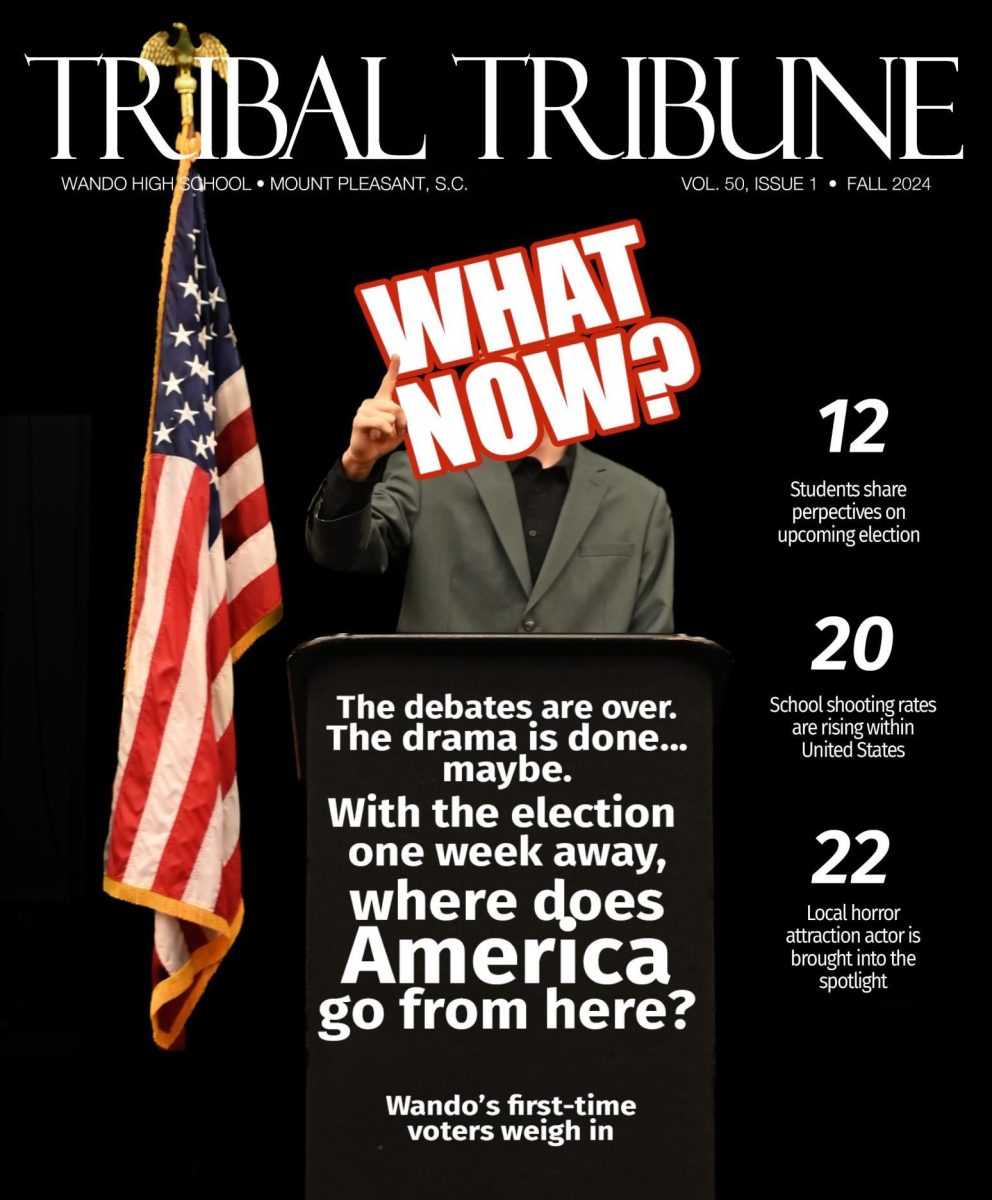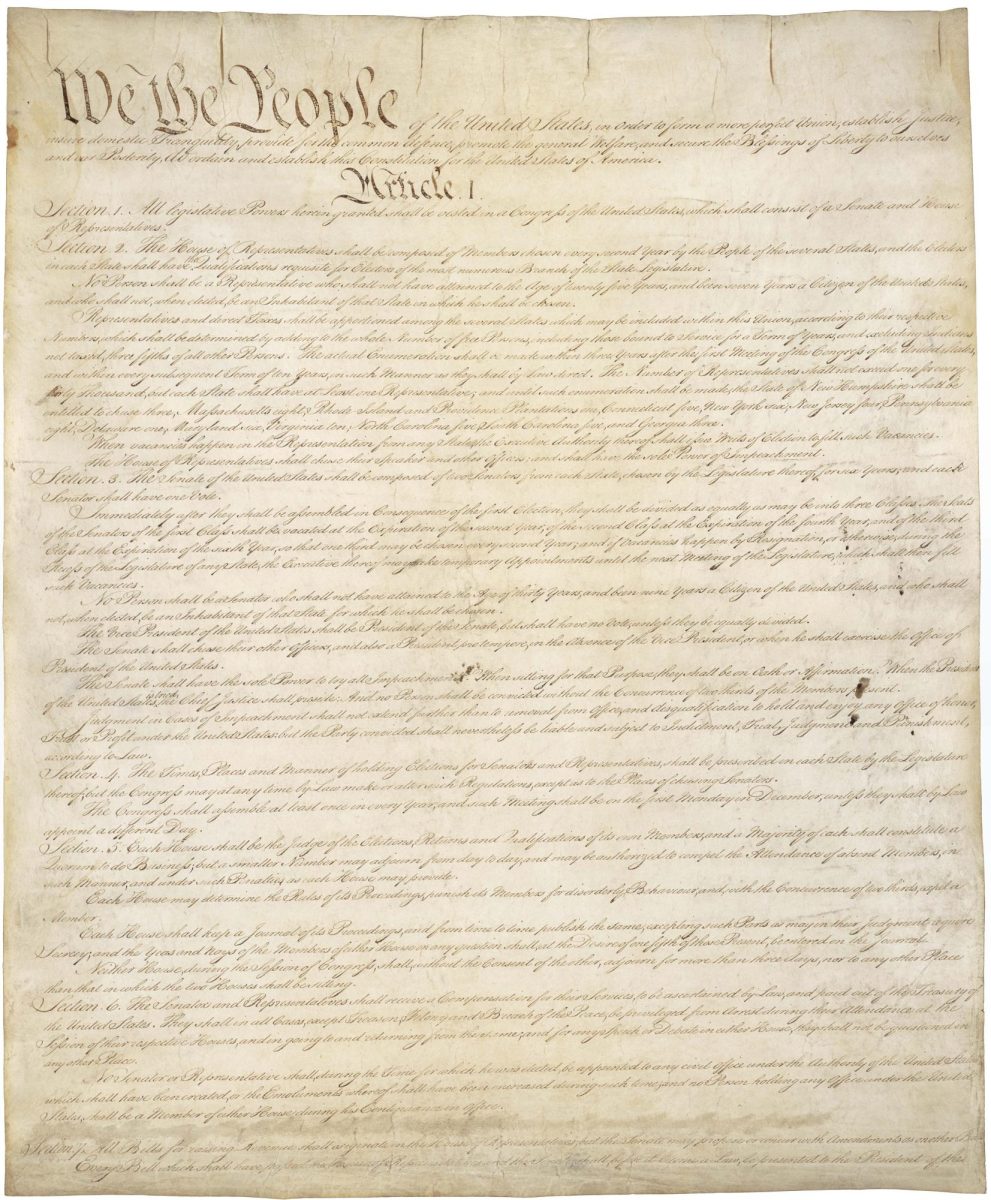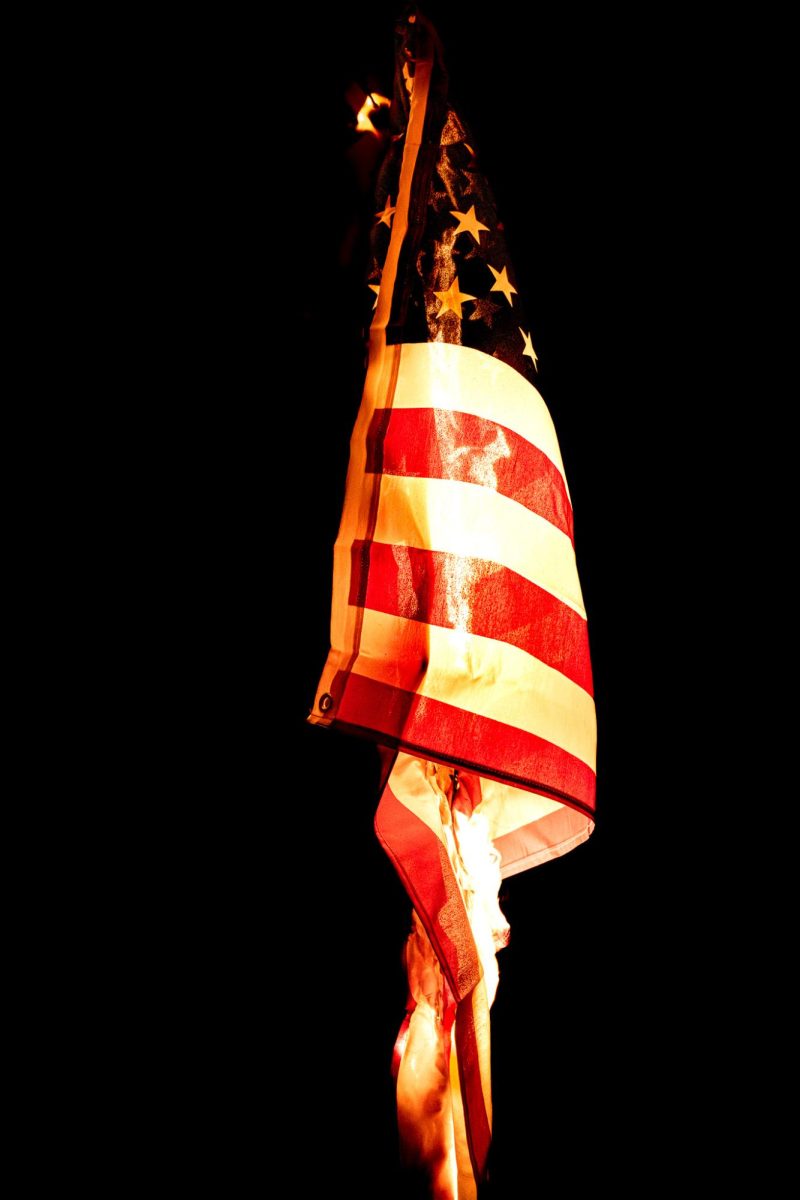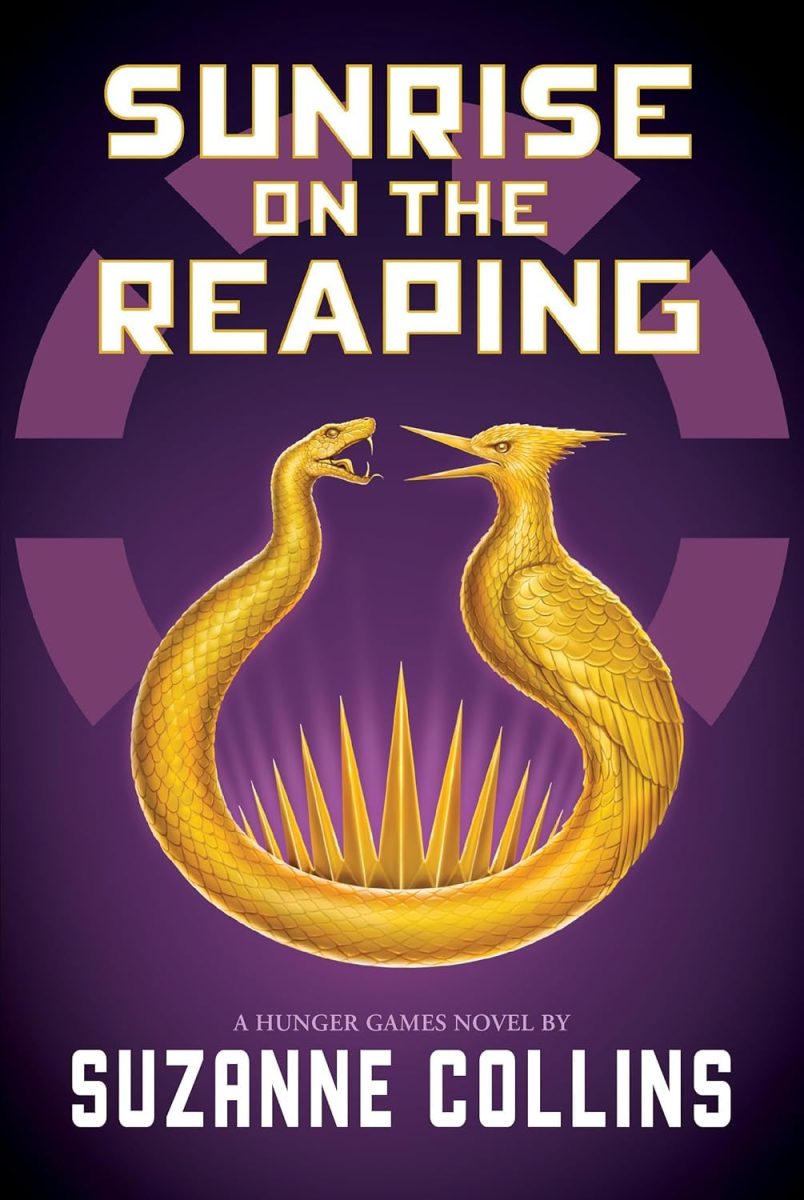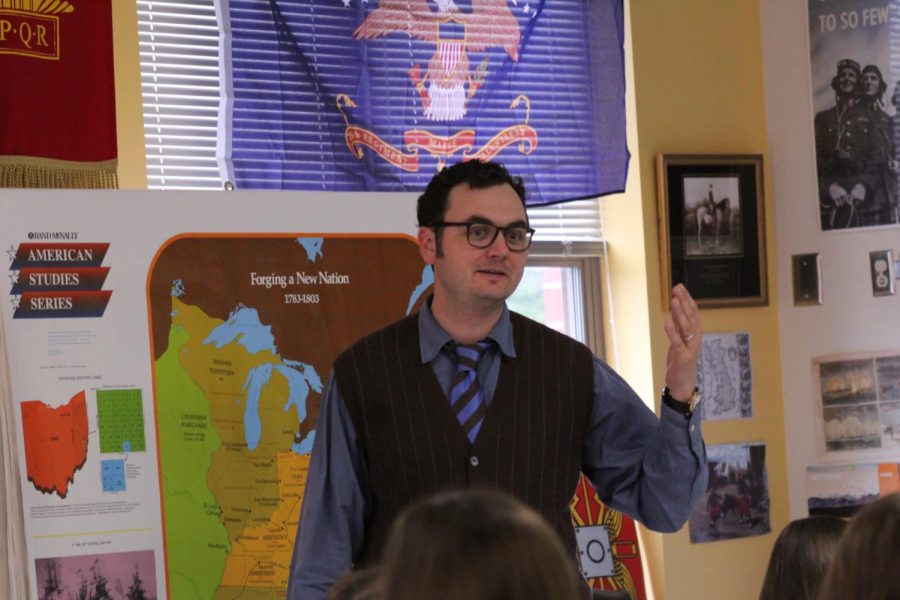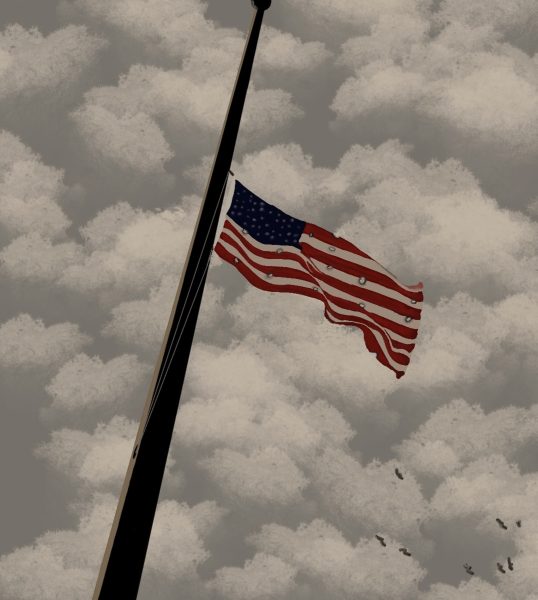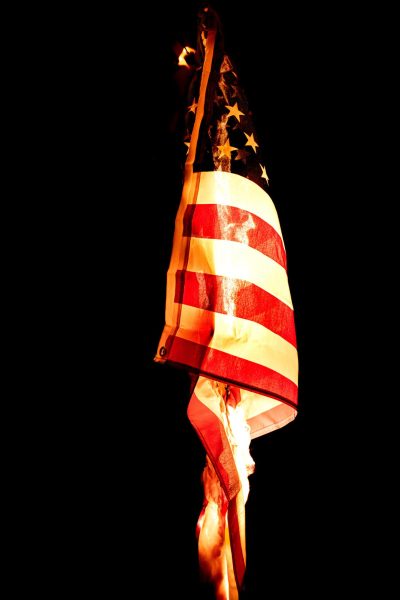Anniversary of World War 1 gives teacher a chance to show its importance
Mr. Giddick teaches his students the importance of history.
November 10, 2018
The year 2018 marks the centennial anniversary of the ending of the First World War. A nationwide commemoration took place on Nor. 11 at 11 a.m., to signify the moment the armistice was signed. Daniel Giddick, an AP United States History teacher, has been thoroughly involved in the organization of the local commemoration.
“The centennial anniversary has been recognized in various ways across the nation through the World War I Centennial Commission, which was created by Congress back in 2015,” Giddick said. “It was created to bring attention to these public events, to a conflict which changed the world but really changed a lot of social aspects in society.”
The World War I Commission has championed everything from rededication of memorials to bringing attention to landmarks named after events of WWI. Though, many overlook the events of the First World War.
“The Great War is overlooked a lot, right afterwards there was a sense of futility that went with it, the negative aspects of the Treaty of Versailles, the fact that it would lead to a worsening conflict in the rise of fascism definitely left the United States very disillusioned,” Giddick said. “The United States has a long history of shunning that. The scale of WWII, the feeling it was a good fight, was really a part of the memory of the Second World War.”
The World War I Centennial Commission has encouraged a national remembrance. Giddick was persistant to ensure a local recognition.
“I had been lobbying in the city, making some phone calls, sending some emails, on behalf of the World War I Centennial Commission to ask for a proclamation from the city to declare it a remembrance day for World War I,” Giddick said. “Also, to have the city participate in the bells of peace. The bells of peace is an initiative driven by the commission calling upon church bells, city bells and school bells. I was just trying to bring around the city. They’re agreeing to the proclamation and are working on the bells of peace.”
While orchestrating a rememberance in Charleston, Giddick finds himself to be morbidly drawn to World War I.
“I first read All Quiet on the Western Front in high school and was very captivated by that. It was a personal study that I’ve enjoyed,” Giddick said. “I’ve toured several of the Great War battlefields in France and was really was shocked by the devastation. The shell holes that are still lying around and the size of the cemetaries that surround Verdun and Somme really left a memory.”
Giddick was particulary proturbed at the scale of American presence left in Europe.
“There is an American cemetery in a place called the Meuse Argonne and it’s the largest American cemetery in Europe. If you go there you will probably be the only American there. It’s just as far away from Paris as Normandy, and again Americans will often go to Normandy with the familiarity of that story,” Giddick said. “Yet, most Americans don’t know of this place called the Meuse Argonne which was the deadliest battle in American history. It would average over 500 casualties a day. It’s out of this feeling of it being a tragedy, I think there were positives. America’s commitment was required and it was an important assertion of these Wilsonian ideals that we aspire to. I would say that’s ultimately why we should remember.”



